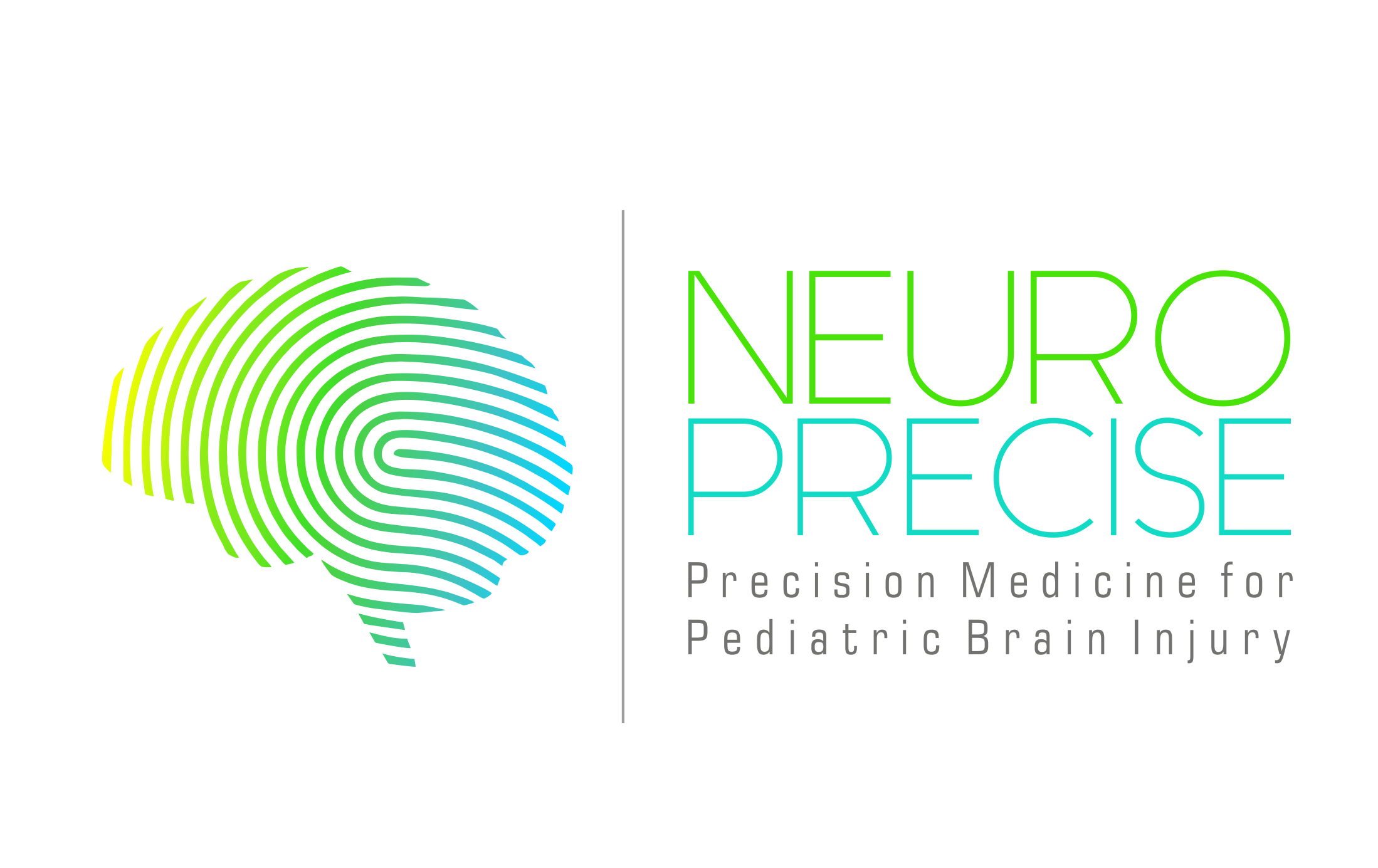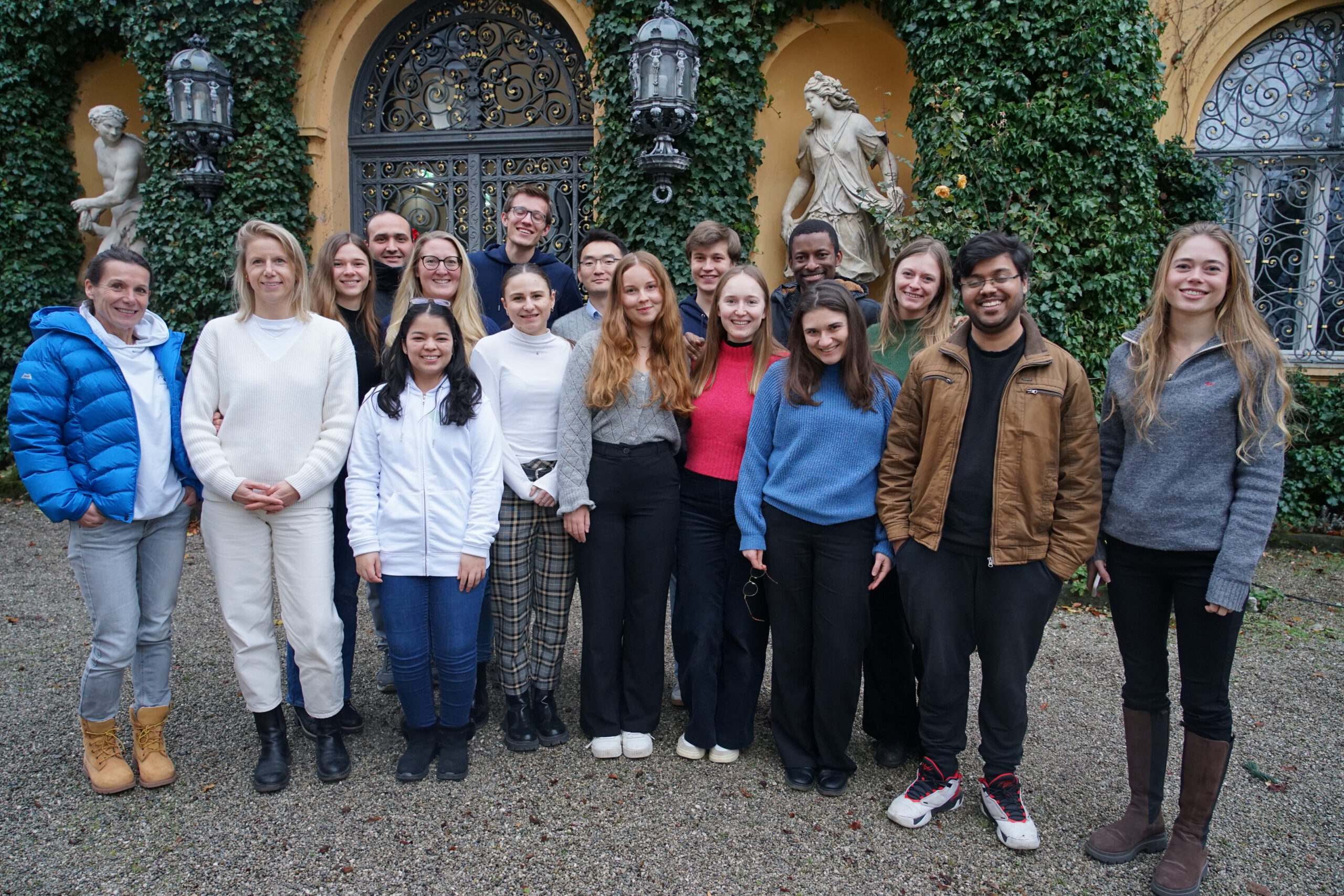NEUROPRECISE

NEUROPRECISE is a study on mild traumatic brain injury (mTBI) in children and adolescents from 10 to 17 years. NEUROPRECISE uses a longitudinal cohort study design 1) to characterize neurosteroid response with respect to age and sex, 2) to evaluate the association of the neuroimaging derived individual injury profile with neurosteroid response, and 3) to explore individual differences in neurosteroid response as a potential target for acute therapy and prevention of chronic symptoms with respect to age and sex in a rodent model.
It is funded by the European Research Commission (ERC).
Study Population
This study will examine children and adolescents between the ages of 10 and 17 from one of the following two groups:
Children and adolescents with mild traumatic brain injury (concussion):
-
Which has occurred no more than 72 hours ago
-
Without previous neurological diseases (e.g.: epilepsy, multiple sclerosis)
-
Without concussion in the past
-
With fluent German language skills
Children and adolescents without concussion (comparison group):
-
Without a history of neurological disorders (e.g.: epilepsy, multiple sclerosis)
-
With fluent German
How Does it Work?
At a total of three points in time - within 72 hours of the injury, six months later and after one year - various examinations are carried out in each case. Parents/guardians are also asked to answer various questions about their child's health from their perspective.
Specifically, a testing time point includes:
-
1. Clinical examination by a pediatrician/adolescent doctor: parents and child are asked about medical history, for example, possible previous illnesses and medication. In the case of patients with a concussion, the accident and the associated symptoms are also discussed in detail.
-
2. Clinical neurological examination performed by a pediatrician experienced in child and adolescent neurology: The neurological examination includes the examination of the cranial nerves, motor function, sensory function and reflexes. In addition, a balance test is performed on a so-called force plate. Besides, we also collect the puberty status in the course of physical examination.
-
3. Blood sampling: blood is drawn to record the child's hormone level. Secondly, proteins associated with inflammatory and healing responses after concussion are examined.
-
4. Mood and behavior: In various questionnaires, the children and their parents are asked to answer questions about sports/hobbies, friendship/social participation, school, as well as worries, fears or problems and health-related quality of life, among others.
-
5. Cognition: the child completes standardized tests measuring reaction time, memory, and attention. A brief standardized intelligence test will be administered at the second examination time point to properly classify all remaining findings.
-
6. Magnetic resonance imaging (MRI): This exam takes pictures of the brain while the child lies still in a tube-like machine. MRI does not involve the use of X-rays or a contrast agent. Consequently, the exam is completely harmless.
Participation in each individual scheduled examination is voluntary. An examination appointment lasts approximately 4 to 5 hours in total.
As an expense allowance for participation in the study, each participant will receive €100 per examination appointment (€300 in total).
Study Site
The study will be conducted at the Concussion Clinic for Children and Adolescents.
Department of Pediatric Neurology, Developmental Neurology, Social Pediatrics LMU Center for
Entwicklung und komplex chronisch kranke Kinder - iSPZ Hauner
Kinderklinik und Poliklinik im Dr. von Haunerschen Kinderspital
LMU Hospital, Lindwurmstr. 4, 80337 Munich, Germany
Scientific Background
A concussion temporarily causes physical discomfort such as visual disturbances, nausea and dizziness. Most children and adolescents recover fully within days or one to two weeks. However, some patients have long-term impairments, such as headaches or impaired memory and reaction time. Our goal is to find out more about possible changes in the brain after concussions. We suspect that certain hormones have an impact on how quickly the brain recovers after a concussion. We also suspect that there are differences between girls and boys in this regard. To find out, we are studying children and adolescents after a concussion and comparing their data with that of peers who have not suffered a concussion.
The results of this study may help us better understand the effects of concussions in children and adolescents. With the help of this knowledge, we hope to be able to better help children and adolescents recover fully after a concussion in the future.
Interested? Questions? - Contact us
Please Join Us!
Wollen Sie teilnehmen? Haben Sie Fragen zur Studie?
Kontaktieren Sie unsere Projektkoordinatorin
Frau Anja Betz
Tel.: +49 15254889385
E-Mail: neuroprecise@med.uni-muenchen.de


